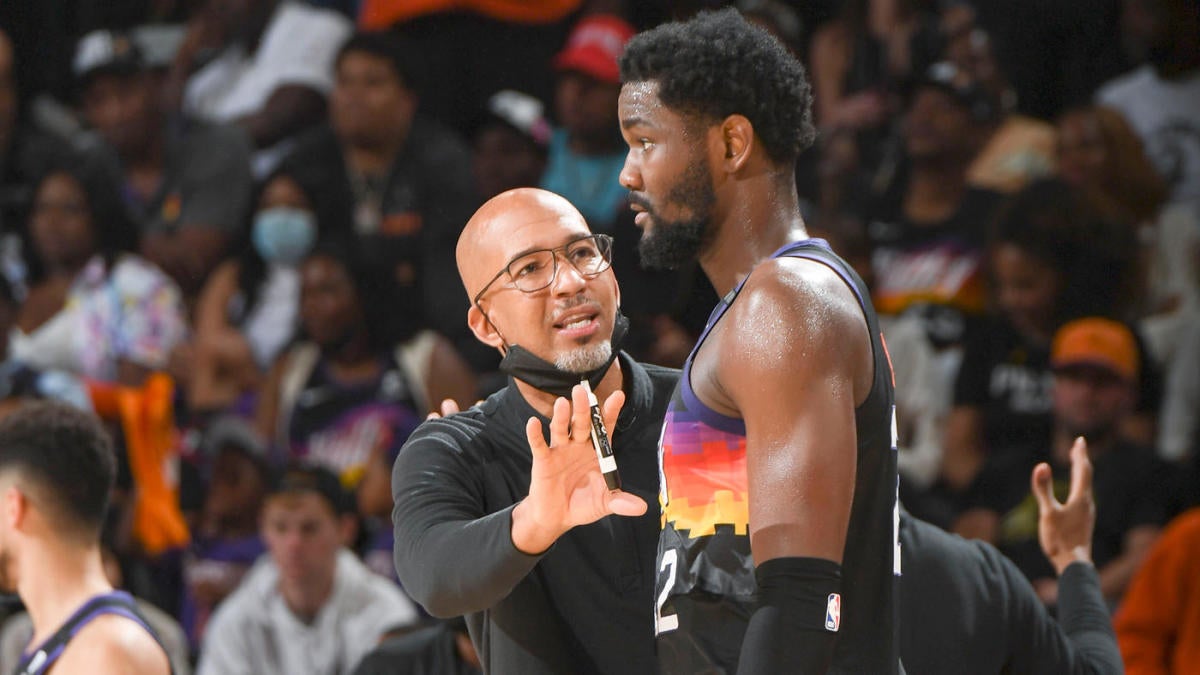"You can't focus on results because in the box you're focused on yourself."
...Even most of the people you've encountered in your career who you think are results-focused really aren't. They value results primarily for the purpose of creating or sustaining their own stellar reputations. And you can tell because they generally don't feel that other people's results are as important as their own. Think about it - most people aren't nearly so happy when other people in the organization succeed as they are when they themselves do. So they run all over people trying to get only their own results - with devastating effects. They might beat their chests and preach focusing on results, but it's a lie. In the box, they, like everyone else, are just focused on themselves. But in the box, they, like everyone else, can't see it.
And it's even worse than that. Because, remember, in the box we provoke others to get in the box. We withhold information, for example, which gives others reason to do the same. We try to control others, which provokes the very resistance that we feel the need to control all the more. We withhold resources from others, who then feel the need to protect resources from us. We blame others for dragging their feet and in so doing give them reason to feel justified in dragging their feet all the more. And so on.
And through it all we think that all our problems would be solved if Jack wouldn't do this or if Linda wouldn't do that or if XYZ department would just straighten up of if the company would get a clue. But it's a lie. It's a lie even if Jack, Linda, XYZ department, and the company need to improve, which they surely do. Because when I'm blaming them, I'm not doing it because they need to improve, I'm blaming them because their shortcomings justify my failure to improve.
So, one person in an organization, by being in the box and failing to focus on results, provokes his or her coworkers to fail to focus on results as well. Collusion spreads far and wide, and the end result is that coworkers position themselves against coworkers, workgroups against workgroups, departments against departments. People who came together to help an organization succeed actually end up delighting in each other's failures and resenting each other's successes.
Leadership and Self-deception: Getting Out of the Box by Arbinger Institute. Berrett-Koehler. 2002. p.105-107















.jpg/1200px-Arianna_Huffington_(5945638391).jpg?20160728083647)


.jpg)

